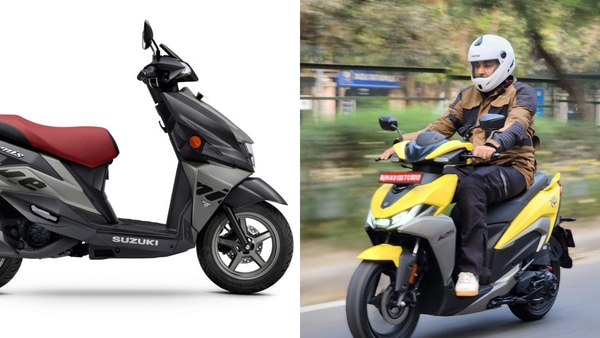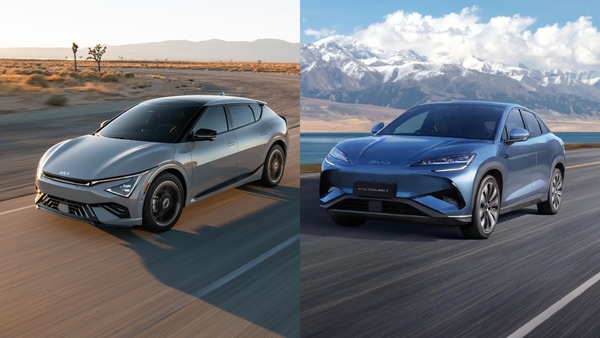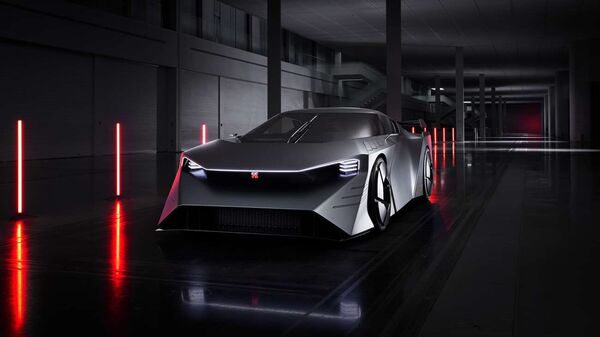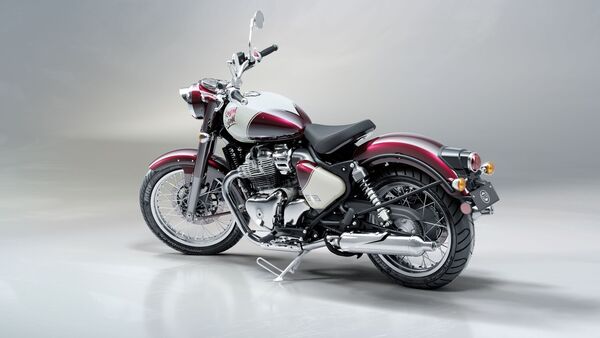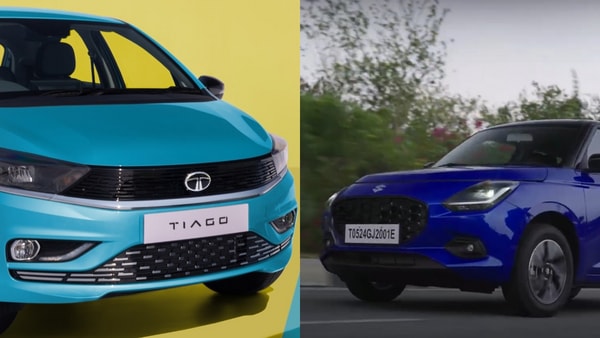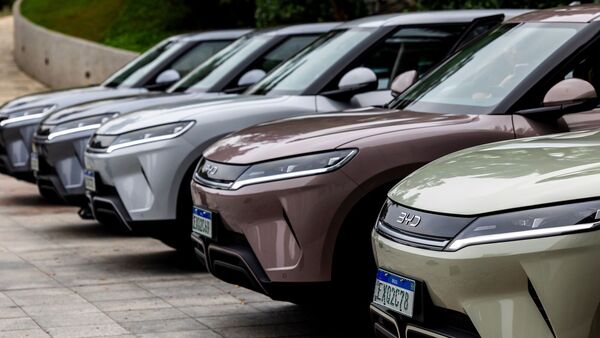
Chinese EV makers are existential threat to western auto giants, says Ford CEO
6 months ago | 71 Views
From being seen as followers in the footsteps of Western brands, Chinese carmakers have swiftly evolved into a force to be reckoned with in the electric vehicle (EV) revolution. No longer content to play second fiddle, these companies are setting new standards in engineering and innovation, making it a real challenge for legacy automakers like Ford.
Their rapid rise has not gone unnoticed. In fact, following his visit to China and firsthand experience of their EV advances, Ford CEO Jim Farley now brands the Chinese manufacturers as an "existential threat" to the industry-a wake-up call for the global automotive world.
Not surprisingly, Farley's concern isn't unfounded. Having made a visit to China and tested local EVs, he apprised Ford's board about his revelation that Chinese carmakers are ahead in the electric race. Chief Financial Officer John Lawler even echoed this sentiment by stating “these guys are ahead of us."
A familiar pattern: The rise of Japanese and Korean automakers
According to the CEO at Ford, the current trend of Chinese brands is a repeat of what happened with the Japanese brands Toyota and Honda in the 1980s. These brands, at first, introduced reliable low-cost cars, which slowly captured all the American market share.
The same pattern is observed with Korean brands like Hyundai and Kia, who have, for the past two decades, repositioned their brand image and product lines, especially with respect to the EV market.
Ford’s response
To counter this increase in competition, Ford is developing a new "skunkworks team," which will specifically work on the affordable EV platform. It aims to compete not only with the Chinese carmakers but with Tesla itself. Ford is preparing to start sales of its electric Puma small crossover, primarily targeting the European market.
However, the company has made some controversial decisions including decreased spending on EVs to the tune of 10 per cent and delays in production for some key models, like the next-generation F-150 electric truck.
Global response to the Chinese EV invasion
Governments worldwide are beginning to wake up to the threat of Chinese, bringing the heavy price of tariffs against Chinese-made EVs as they strive to protect their domestic automakers. Recently it was reported that the Biden administration locked in a 100 per cent import duty on Chinese EVs, kicking in from September 27, 2024.
In Europe, the EU is now preparing for a vote on higher tariffs that will hit some of the biggest players in the market, including SAIC, Geely and BYD. These tariffs can range from 17 per cent to 36.3 per cent, depending on the manufacturer; Bloomberg, however, estimates that the rates may be lowered.
As the Chinese automakers continue to dig their heels in, it's stiff competition for the Western brands. Whether Ford and established companies can handle this "existential threat" will go a long way in determining the future landscape of the global EV market. For now, though, it's clear that Chinese manufacturers are no longer content to play catch-up - they're looking to lead the charge.
Read Also: Mercedes-Benz, Audi, BMW betting big on festive season, expecting robust luxury car sales


